|
When last I updated this blog, I was very tired. Publishing Company was an enormous undertaking, which left me mentally drained and, honestly, a little bit depressed. I knew I needed to recover, but recovery took me longer than anticipated. I stopped blogging. I began to reflect on what I had achieved and where I could improve.
Every December I reflect on the past year and set goals for the new year. In December of 2019, I had one major goal for 2020, and that was to publish Company. I had done as much. But, looking at my current slate of writing projects, I did not anticipate publishing a new book in 2021. The next book I want to release is The Originals, the sequel to my epic fantasy novel, The Changelings, but I do not think I will be able to finish it sooner than 2023. (Hopefully early 2023.) Much as I wish I could finish sooner, I care very much about the quality of my work and want to make sure that the story is as strong as it can be. I've decided that what I want most for 2021 is to be able to communicate better with my audience, the readers and fans of my book. For me this means being more thoughtful and deliberate about the content I provide, with a greater focus on stories and more updates as to the status of my books. But since communication is a two-way street, I also want to be better at listening to you, and provide more ways to make your voice heard. What will this actually look like? Well, over the next year, I hope to restructure my website to make it simpler and cleaner, with a greater focus on content connected to the books I've written or am currently writing. This means bonus features like deleted scenes or character profiles or behind-the-scenes look at my world. It also means more sneak peaks of my newest works. (My book and movie reviews will go into a separate, personal blog.) I'd also like to create a newsletter in order to inform people of any new features I've added to my website, along with quick reviews, poems, and other goodies. I'm going to spend January and February planning and organizing, but I hope that by February, you'll be able to see the fruits of my efforts for yourself. Finally, I just want to leave you with some of my thoughts on changes happening in the world. In 2020, change was forced on us, but in 2021, we can choose the changes for ourselves. And that's very empowering. Any thoughts about my planned changes or changes in general? Please leave me a comment or send me an email, and I will try to get back to you in a timely manner.
0 Comments
August was a roller coaster. In the outside world, both the Democratic and Republican conventions happened, as well as more protests, more COVID deaths, and an explosion in Beirut. But, to be honest, I could barely pay attention to such world-shaking events, as my own little apartment suffered its own little shake ups. Muggy heat caused swarms of mosquitos to nip at my skin, coyotes roamed near my apartment, power outages threatened our air conditioning, my roommate’s dog died, my roommate’s mom hit her head, my emotions swung from depressed to vulnerable to inspired, and through it all, I had to get my third novel, Company, ready for publication.
I have published 3 times before, but I’ve never done it as fast as this. Since the beginning of the year, I had the date September 5, 2020 (my sister’s birthday) in mind for when I wanted to publish Company. By July, I had just finished smoothing my writing into one readable manuscript. I had one month to edit Company, both for clarity and flow and for mechanics (spelling and grammar). I also had to format the novel, get it onto Amazon, make announcements, and run a marketing campaign. I had a lot to do, so, naturally, I spent the first week of August feeling depressed. It did not help that, almost as soon as August began, my roommate Rita’s old dog, a German shepherd named Stitch, had to be put down. He’d been diagnosed with bone cancer a few weeks earlier, and it had escalated quickly. As Rita mourned her dog, I mourned my story. I wrote in my diary: “When a story is done, it feels, to me, less like giving birth, and more like grieving something that is dead. It’s like casting off a piece of my soul, a snippet of my life, into the heartless world. Editing it is basically window dressing, putting the story in funeral clothes. It is leaving me, and I need to put on a song and dance for the world, but that is hard to do.” Trying to edit in this state seemed like too much, so instead I spent that first week re-reading my entire manuscript, both to let it go and to get an idea of what needed to be fixed. Normally, I get critical when I re-read my work, but I tried to look at Company without judgement, and I ended up feeling good. I came up with a plan to read out loud and edit three chapters a day. Traditionally, July is a braindead sort of month for me, but the world has turned upside down, and this July, I was filled with passion, creativity, and productivity. Part of that was out of necessity. As Company, my novel of a ghost and an imaginary friend, nears its publication date, and I knew I needed to buckle down and get it done. But part of my creativity may have been an odd reaction to the anxiety engulfing the outside world. By the time June ended, the world outside my door was essentially back in shut-down mode, with cases of the Coronavirus rising in California and other parts of the country. The optimism that swept through May of America re-opening for business had given way to uncertainty and pessimism. We were back to square one, and in some ways worse. This caused a lot of anger. Everyone, it seemed, was either angry about having to wear face masks or angry at the people who refused to wear them. I started the month feeling paralyzed. Small tasks, like returning a library book, felt overwhelming. Fortunately, I had poetry to help me through it. Toward the end of June, I had the sudden urge to read poetry, which I attributed to needing to edit Company. When I know I need to pay close attention to the prose (the ebb and flow of sentences; the choice of words; the way language affects the reader), I can use poetry to jump start my creativity. Poems are, after all, a showcase for language. So I “bought” a free book of poems on Amazon called “Growth” by Karin Cox, and signed up for the “Poem of the Day” for both Poets.org and The Poetry Foundation. As I read my daily poems, I was hit by the sudden urge to write poetry. This did not come at an opportune time. I had about two months to piece together Company, and what I had was a beautiful mess. I had worked hard in May and June to re-write all the major scenes and emotions, and I had a vision in my head.
A vision which was not comprehensible to the reader. For example, sometimes I wrote a scene from multiple point of views, with contradictory information. Other times, I wrote pages of emotional expression and philosophical thought un-anchored by plot or setting. A few things I left blanks, with parentheses of (Note: Add setting) or (Note: Add reaction), letting me know to fill it in later. Other times, I just had too much material--20 page chapters that needed to be cut in half. Basically, it was the writing equivalent of having a messy desk; I knew where everything was, but no one else would be able to find a thing. June has been a crazy month, so crazy, I’m not sure where to begin. Do I with the happenings of the outside world? How I learned via texts about looting in Best Buy near my parents’ house, then heard about George Floyd and a state curfew and defund the police and protests? Or maybe I should talk about America opening for business before spikes in the Coronavirus reached an all-time high? Disneyland was going to re-open in July; now it’s not. New movies were weeks away; they got delayed. Turmoil erupted just as I was making my mind up to re-enter the world.
Re-entering the world meant going to Panera to do my writing. There was a restaurant not five minutes from my apartment. I drove there and ordered coffee--small hazelnut, with cream and sweetener--and chose one of the tables bearing the green circle of availability. I’d sit with my homemade mask still on my face, not drinking my coffee (lest I need to run to the bathroom), with my computer, my composition book, and my cheap ball point pen ready to go. I had determined, early on, that the month of June felt like a test. It felt like a test on a national level, but for me, personally, I knew I needed to make substantial progress on Company or I was not going to get it published. It was time to buckle down and write. Unfortunately, I had a problem. My roommate’s puppy, Atlas, kept demanding my attention. He whined and barked and jumped up on the kitchen stove, all to get my attention. My roommate was struggling with a host of health issues and couldn’t bring the dog in her room. My bedroom is the living room, so there was no barrier to keep the dog’s yip from drilling into my ears. Even sitting in the patio, I could hear him. I give the dog a lot of attention. I walk him for 45 minutes in the morning and the evening. But I needed time in the morning to write. Specifically, I needed the hours between 9:00 and 11:00 in the morning, my most creative time. These hours were the keystone to my productivity. I could work around the dog’s schedule the rest of the day, but I needed these two hours unbroken. It got so bad that I decided to risk going out into the world again, just to get time to write. I spoke to my roommate and my roommate’s mother to make sure they were comfortable with me breaking quarantine. My roommate’s mother also volunteered to look after the dog in the morning. I was worried about finances, the cost of going out every day, but I learned Panera had a coffee subscription. For $8.99 a month, I could get unlimited coffee. I could afford that. It seemed like all the pieces were falling into place. This an excerpt from a fantasy/ romance/ historical fiction I've been working on during quarantine. In an alternate version of America, where magic is commonplace, a witch and wizard have adventures as they travel the country in pursuit of magic and gradually fall in love. Right now, I call this story Hazel and Saul, after my main characters, but the title is subject to change. This is a second draft, which means it's pretty early on in the writing process. I haven't added a lot of details and description, and the prose is rough. This scene takes early in the story, when the title characters first meet. Hazel Meets Saul Pennsylvania, October 1870 He was worse than a peddler. The wizard stood at the gate of her aunt’s house, banging on the door for a good ten minutes. Hazel could tell he was a wizard by the gaudy purple cloak he wore, popular among only the lowest rung of that profession. Hazel had made the mistake of peeking out through the window to see what was making the noise. Unfortunately, he’d seen her, and his rapping had only grown more furious. “Miss Blackwood! Miss Blackwood!” he cried. Hazel pressed her hands to the side of her head. She had a terrible headache and his pounding on the gate only made it worse. She’d been sick these last three days and wanted nothing more than to curl up and rest. But here was this annoying creature, disturbing her peace. “Miss Blackwood! A word, please! Just a word!” Hazel sighed. From his voice he sounded rather young. Young and full of energy and shamelessly relentless. She decided she wasn’t going to get rid of him, so she put on her cloak and bonnet and hobbled out. It was cold and chilly, and the wind on her face made her shiver, despite the warmth of her cloak. She walked down the path through the front yard until she reached the gate. “Ah, Miss Blackwood!” The wizard sounded relieved. “Thank you for your indulgence. I crave but a moment of our time. You are Miss Blackwood, are you not?” “I am, but--” “My name,” he said with a flouncy and exaggerated bow, “is Solomon Felix Zephyrus, an apprentice wizard of distinction, and I have a proposal for--” He stopped and blinked. He leaned forward and stared at her face, as if seeing it for the first time. “You’re young,” he said, with some dismay. Writing, when you think about it, is an unglamorous and solitary act. You spend several hours in one place, by yourself, stuck inside your own head, confronting your own emotions. So if you think that quarantine is ideally suited for a writer… it is. Now that we’re about two months in, I feel comfortable sharing what I’ve been up to as COVID-19 rages on.
Phase 1: Stress and Anxiety Somewhere in the middle of March, the world as we knew it shut down. It was on a Thursday, when Tom Hanks tested positive for the Coronavirus, Disneyland shut down, and the stock market plunged. At that point, I realized something very serious was going on. That weekend, I went to Panera to eat a bagel and journal about my anxieties. It would be the last time I sat down at a restaurant for many months to come. My life was already in upheaval. I had moved into a new apartment at the end of February, with my friend Rita. She suffers from chronic pain and a host of other conditions, none of which were helped when she fell down the stairs and got a concussion 4 days after I moved in. With her being incapacitated, it fell to me to take care of her new Belgian sheep dog, Atlas. I had barely gotten the apartment equipped and was beginning to contemplate looking for a job, when quarantine hit. I’m used to my life being a mess. I was not used to the world being a mess along side me. The anxieties built and built within me. For a writer, this can be a good thing. The higher my emotions, the easier it is to write. In this case, though, I was supposed to be focused on completing Company, my novel about a ghost and an imaginary friend, and I couldn’t focus. I journaled a bit, watched a little T.V., and played around with some other story ideas. This phase lasted for about a week.
December has always been a reflective month for me. Blame the holidays. In the rush and chaos of upholding traditions--the gift-buying, the gift-wrapping, the gingerbread house-building--I find I cannot focus on writing. And once Christmas afternoon hits, once the presents are opened and the ham’s in the oven, then there’s nothing but a string of cozy, languid family get-togethers until New Year. By which time, it’s my birthday and I’m another year older. The shift of focus from work to family, followed by a period of lazy rest and the passing of another year (both the calendar and my own lifespan) naturally puts me in the reflective state of mind. And so, inevitably, I spend the bulk of December contemplating what I did in the past year and what I want to do in the next one. This year, my process of reflecting started after Thanksgiving and continued up to… now, I suppose. And whereas normally I, very business-like, go to my list of stated goals I wrote the previous December and start grading all my tangible accomplishments, this time I didn’t. Because it didn’t matter. The important things of 2019 were not my accomplishments, but the mindsets I learned. It was a year of growing, not a year of completion. This year, I learned how to take care of kids, how to drive a car, how to get stuff done without a plan or schedule, how to trust myself, and how to let go of the need for validation. For the past few years, I’ve had my ideas of how I should live and what it meant to succeed broken down and re-formed. Of course, I’ve done stuff this year, I’ve written well over a 1000 pages. But the pages are all over the place and the words haven’t yet coalesced into a solid thing, a thing I can show to others and be proud of. But that’s okay. Maybe next year. On November 24th, I faced a crisis.
Since the month started, I had been doing National Novel Writing Month (Nanowrimo, for short), a challenge where you write a complete novel of 50,000 words (approximately two hundred pages) in the thirty days of November. Since I write thick fantasy books, I wasn’t thinking of completing a novel. I wanted to write three good chapters for the climax of The Originals, a sequel to my epic fantasy, The Changelings. Three good chapters. Didn’t sound so hard. November 24 arrived, and I crossed the 50,000 word mark, 6 days ahead of schedule. Great. But I hadn’t written my three chapters, no, not at all. I’d written about one and a half. And good? Forget good. The writing was all over the place. I’d mope around with my main character’s feeling for a paragraph or two and then swing wildly into politics. Or I’d spend 30 pages figuring out how to set up a battle and summarize the actual fight in about a page. I’d go one way, go back, and zig-zag the other way. It was--it is--a mess. An unreadable mess. And yet it was all good stuff that I needed to write. Some authors have a vision of their novel in their head, or at least on their outline. Not me. I have to write and write and write until I see that vision. It’s not that I don’t have ideas, but the ideas are nebulous things and pinning them down is like pinning down vapor. I write until I see what I want. Once I have my vision, I can work to make my writing good. I organize scenes, condense the plot, dramatize emotions, expand the good parts, delete the bad parts, and make the words ring pretty. I know that all this messiness will eventually turn into good (or at least readable) writing. I know because I’ve done it before. Having spent twenty years writing novels, I can start to say I know what I’m doing. But that doesn’t make it any less frustrating. I look at my 50,000 words, and I think, It’s too much, and at the same time, It’s not enough. I’m trying out a new section of my blog called “Writing Stories,” where I’m going to let you in to how my writing process works. Last time I talked about preparing for Nanowrimo, or National Novel Writing Month, and the struggles of brainstorming in a way that was both disciplined and spontaneous. Well, I finished October on a strong note, having written 26 pages of notes and decided that I was going to tackle the end of Sylvie's arc (3 chapters) in The Originals (sequel to The Changelings), and, if that didn't take up enough words, the middle section of Company. With that in mind, I sat down to write... Friday, November 1, 2019
I pull up my computer and stare at my blank computer screen. I shouldn’t be scared, because I’ve done this a million times, but I can’t seem to start. It’s late in the evening, around 7:00 PM, and my room is a mess. I’m still tired from Halloween, I’m thinking of how baby-sitting my nephews on Saturday is going to cut into my writing time, I’m thinking about how I’m going to finish these chapters. Even if I ignore all the stuff on Company, even if I just focus on three chapters of The Originals, it seems impossible. I’m supposed to supposed to write structured scenes. I’m supposed to be in the moment. Which moment? There’s a million of them? I don’t want to re-write what I already have—but I can’t remember what I have. Should I re-read everything? It seems overwhelming. Hi everyone. I’m trying out a new section of my blog called “Writing Stories,” where I let you in on how my writing process works. I have no idea if this will be of interest to anybody, but I thought I’d try it out.
I grew up hearing that would-be writers are undisciplined. They moan about Writer’s Block, chase inspiration like butterflies, and never get work done on time. I didn’t want to be like that. For many years, I tried to be disciplined. I set goals, broke my goals into measurable tasks, and tried to accomplish my tasks by a reasonable deadline. Results have been mixed. On the one hand, I can now sit down and write almost anywhere with little to no angst. I write every day, and when I need to, I can write for hours. I have a clear idea of how long it takes me to accomplish a goal and how that goal needs to be broken down into other stages. On the other hand, I’ve learned, rather painfully, that trying to force out chapters sometimes means I miss out on genuine moments of inspiration. While trying to accomplish a single concrete task, I often lose sight of the bigger picture. Constantly doing work leaves me no time to think, learn, and reflect. So this past year, instead of planning my tasks months in advance, I decided to wing it. I was going to listen, day by day, to my own feelings and write whatever appealed to me the most. This meant giving up some of my control over the writing process, but it also meant I wasn’t beating my brain against a computer screen (metaphorically). I’ve enjoyed the process of giving up control, and I feel like the quality of my work has risen as a result. This brings me to Nanowrimo. |
Rebecca LangWriter. Critic. Dreamer. Archives
January 2021
Categories
All
|



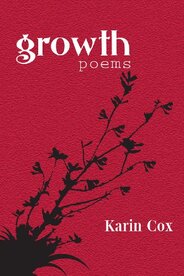

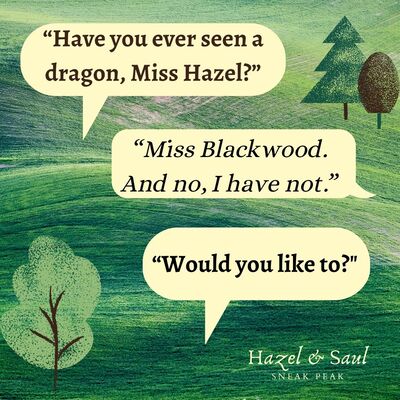


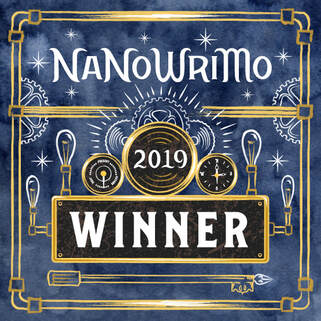
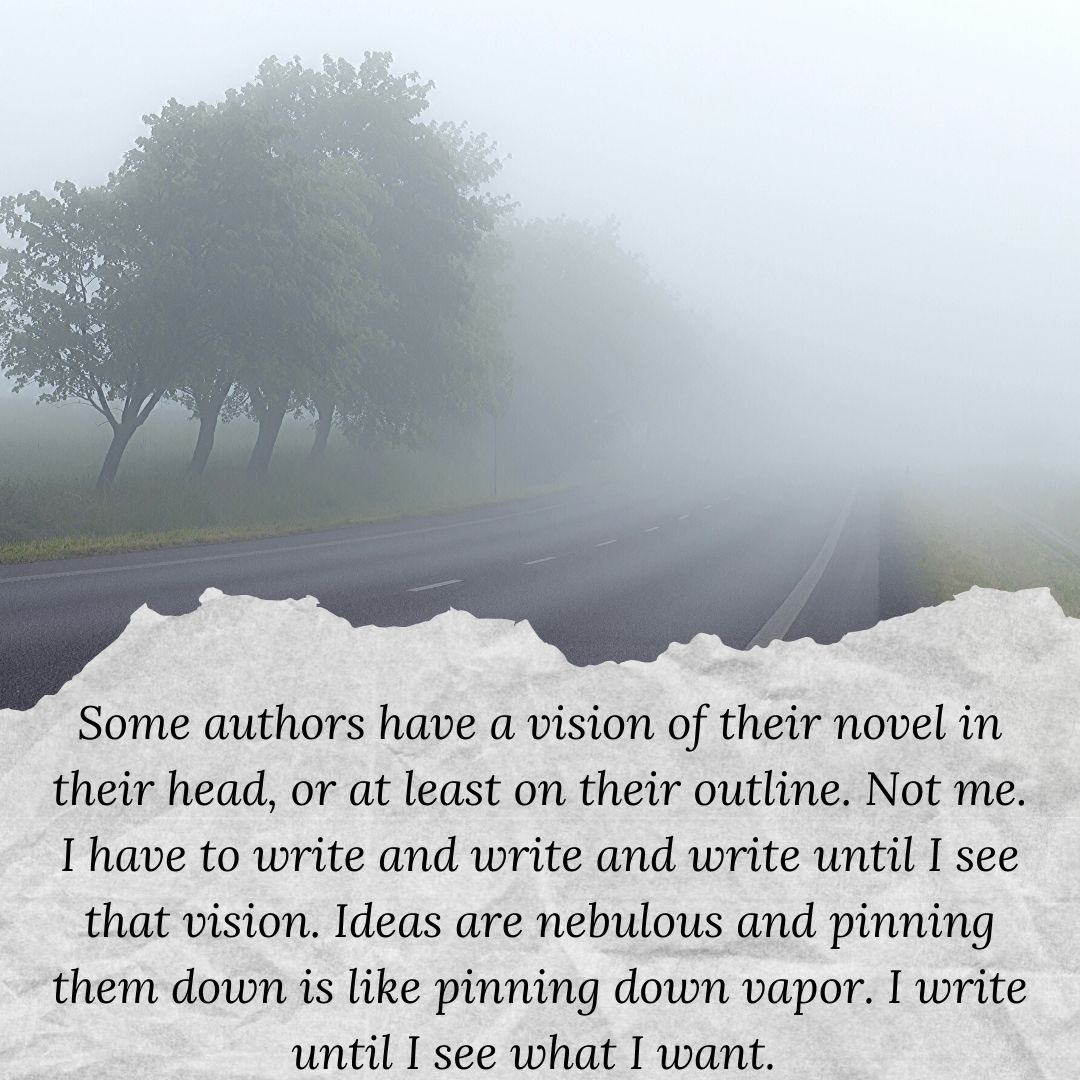
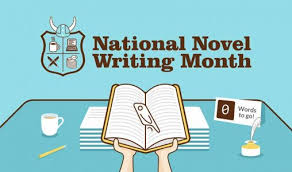


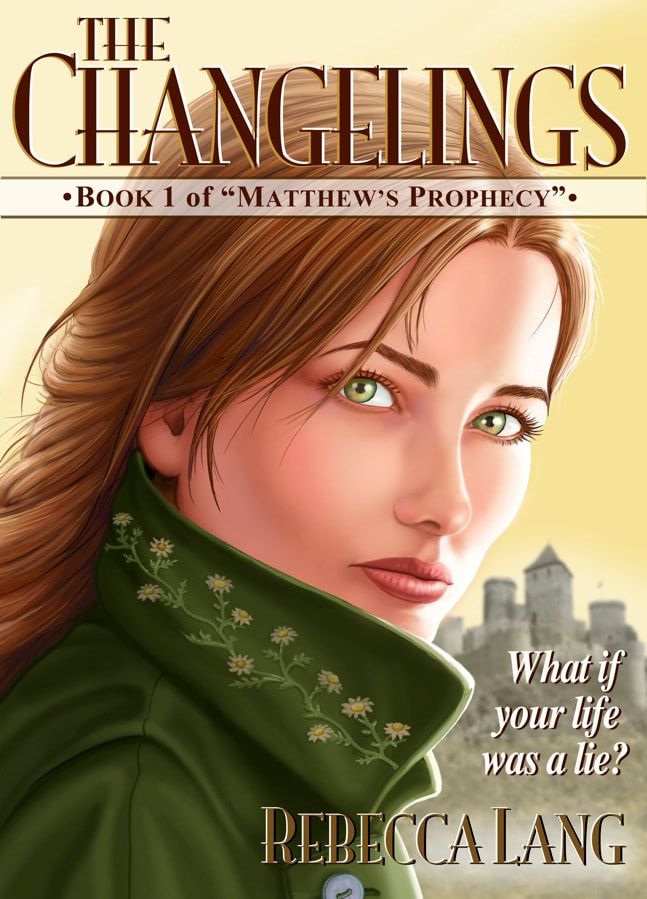
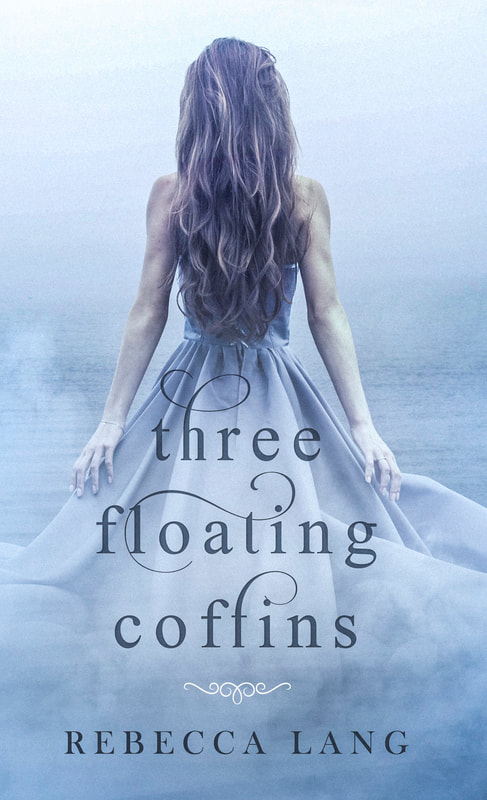
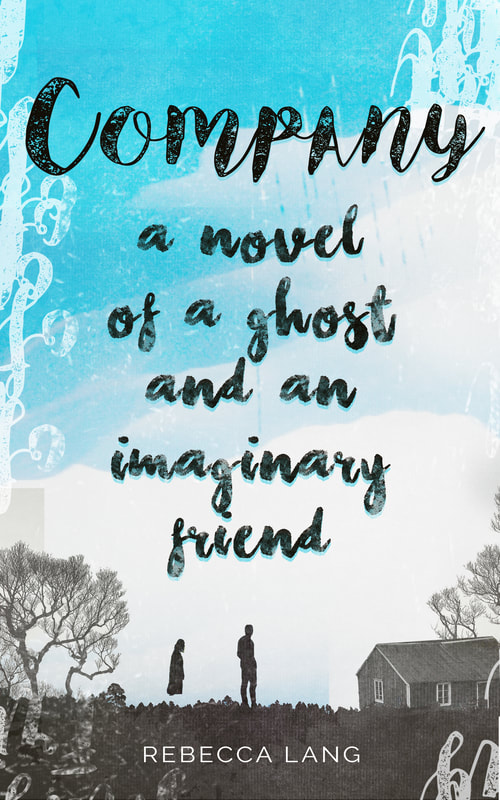
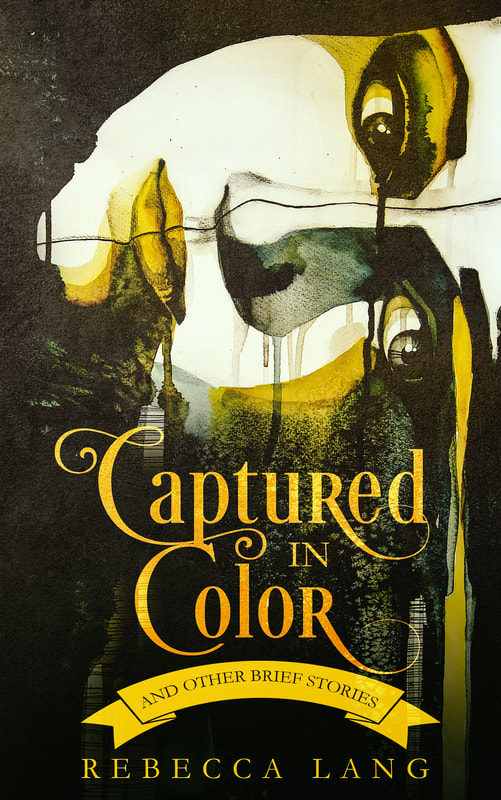
 RSS Feed
RSS Feed